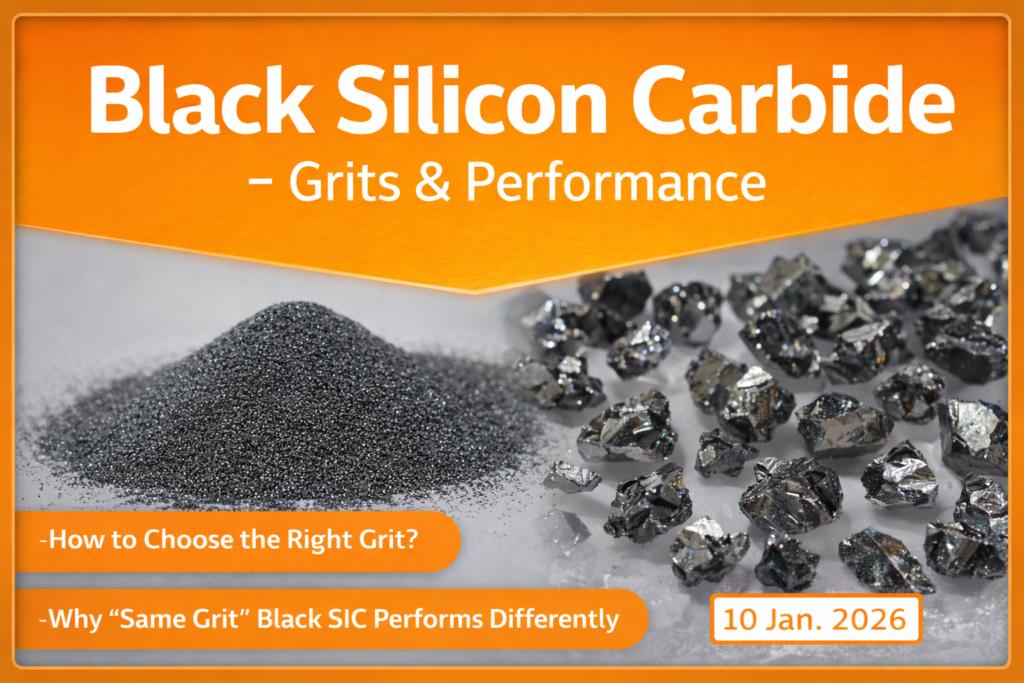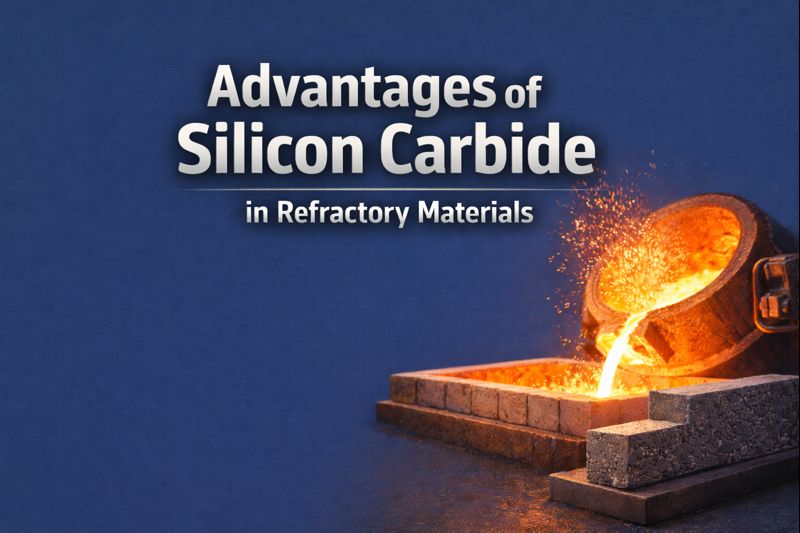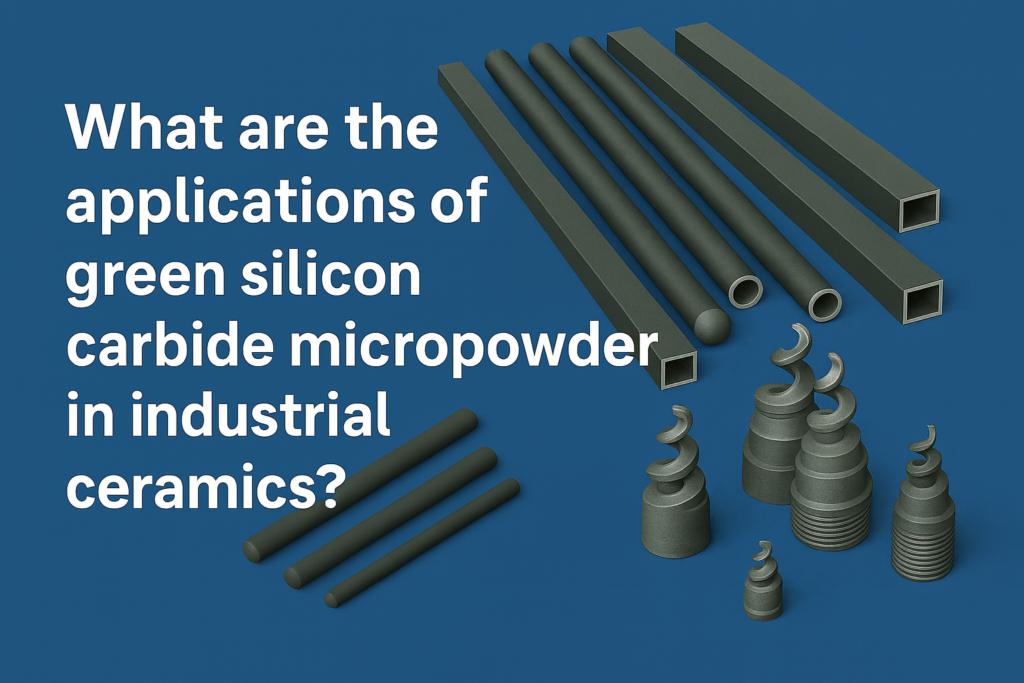What Is Boron Carbide?
Boron Carbide (chemical formula B₄C) is a highly hard, lightweight ceramic material known for its exceptional hardness, low density, and chemical stability.
It is often referred to as “black diamond” because of its extreme durability.

What Makes Boron Carbide Unique?
| Property | Specification |
| Chemical Formula | B₄C |
| Mohs Hardness | 9–10 |
| Density | ~2.52 g/cm³ |
| Melting Point | ~2760 °C |
| Key Traits | Lightweight, stable, neutron absorber |
How Boron Carbide is Made
The standard method involves high-temperature carbothermal reduction above 2000 °C. Advanced techniques in 2025 enable:
- Sub-micron grains via rapid heating (>70 °C/s)
- Hot pressing and HIP for densification
- Composite reinforcement using TiB₂, SiC, or Ti to boost fracture resistance
These advances make B₄C more durable, more refined, and more efficient for precision applications.
Key Applications
Ballistic & Aerospace Armor
- Lightweight yet harder than steel
- Stops armor-piercing rounds
- Used in body armor, vehicle panels, UAV and satellite protection

Nuclear Industry
- Ideal for control rods and radiation shielding
- Excellent neutron capture cross-section
- Stable in high-radiation environments
Abrasives & Cutting Tools
- Outperforms alumina and silicon carbide
- Used in abrasive nozzles, wire drawing dies, wear-resistant liners

Biomedical Applications (Emerging)
- B₄C nanoparticles enable BNCT therapy
- High boron uptake by tumors with promising results in early-stage trials
2025 Global Market Outlook
- Market Size: $500M–$700M
- Key Drivers:
- Defense & aerospace expansion
- Nuclear infrastructure investments
- Wear-resistant and lightweight materials
- Global Supply:
- China: ~80% of B₄C powder
- Top Western suppliers: 3M, H.C. Starck, Washington Mills (specialized in high-purity & nano B₄C)
Future Trends
- Nano-grain control for super-tough composites
- Additive manufacturing (AM) using binder jetting or SLS
- Eco-friendly synthesis for sustainable production
- Smart composites with TiB₂, SiC, or ZrB₂
As industries demand stronger, lighter, and smarter materials, B₄C is leading the evolution of advanced ceramics.
✅ Why Choose GREAT Abrasive as Your B₄C Partner
- Consistent Performance — Stable particle size control for reliable results
- Global Shipping — On-time delivery you can count on
- Trusted by Experts — Approved by customers in defense, nuclear, and abrasives industries
❓FAQ – Boron Carbide
-
Boron carbide is mainly used in ballistic armor, nuclear shielding, abrasives, cutting tools, and emerging biomedical therapy like BNCT.
-
Because it is extremely hard and lightweight, it offers excellent protection with minimal weight burden—ideal for body armor and aerospace defense.
-
While both are hard ceramics, B₄C is harder and lighter, with better neutron absorption—suited for more demanding defense and nuclear roles.





